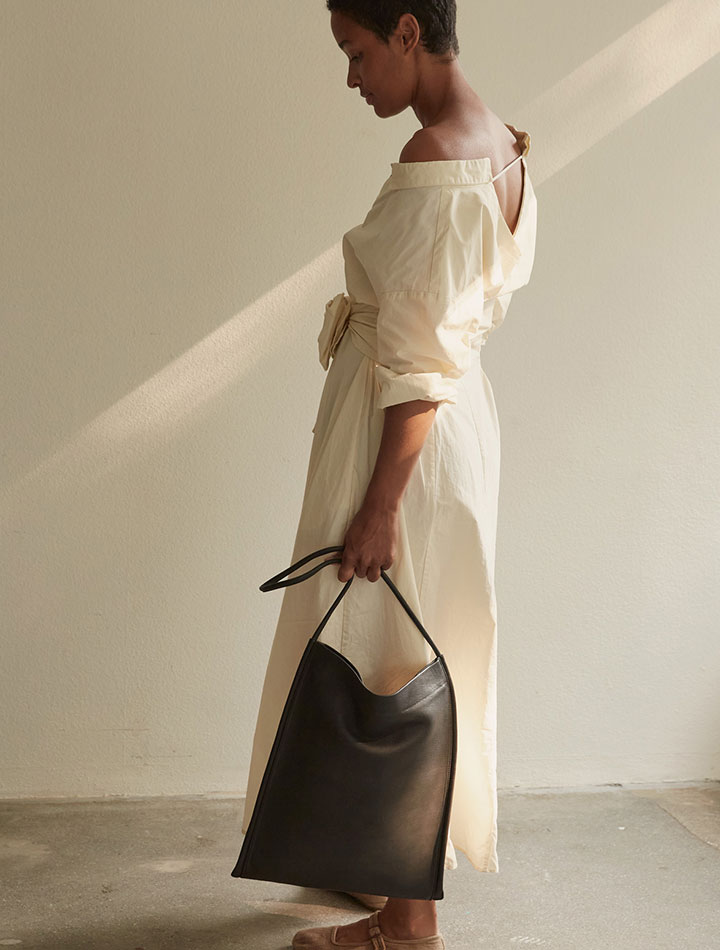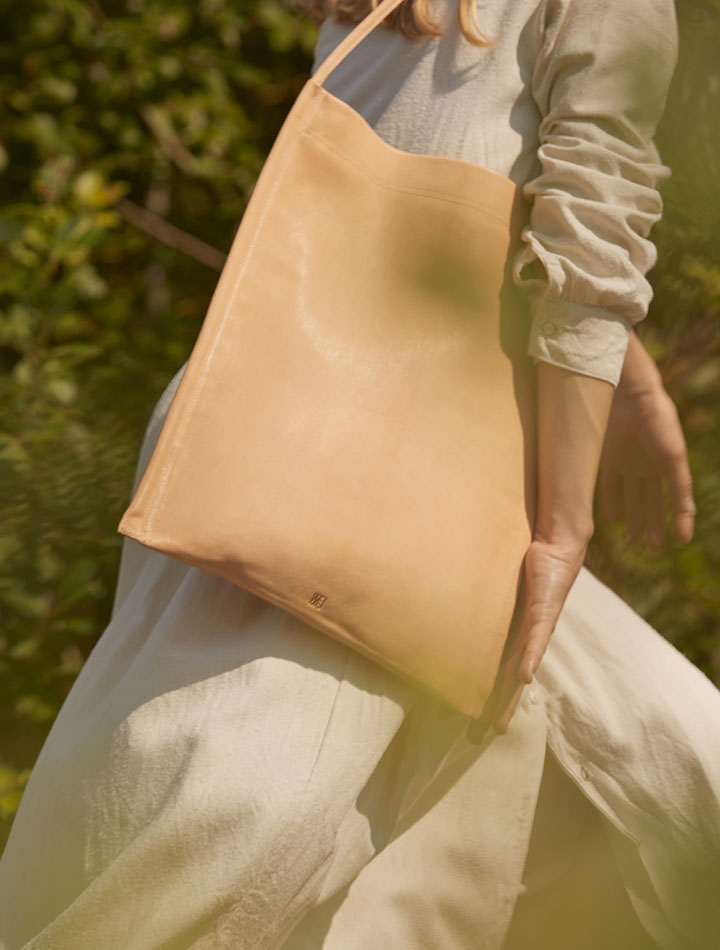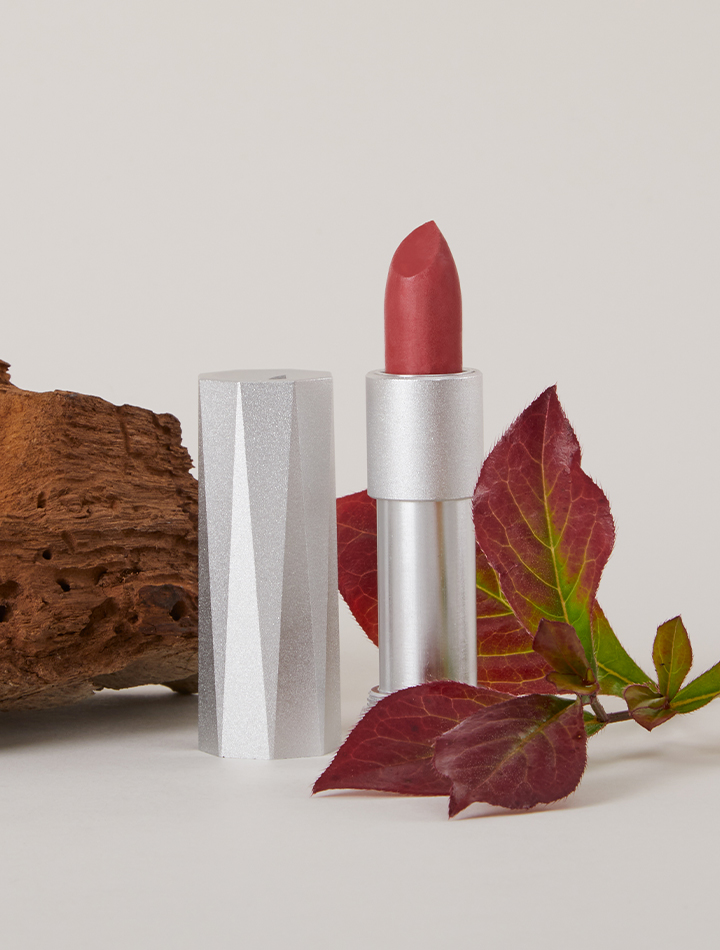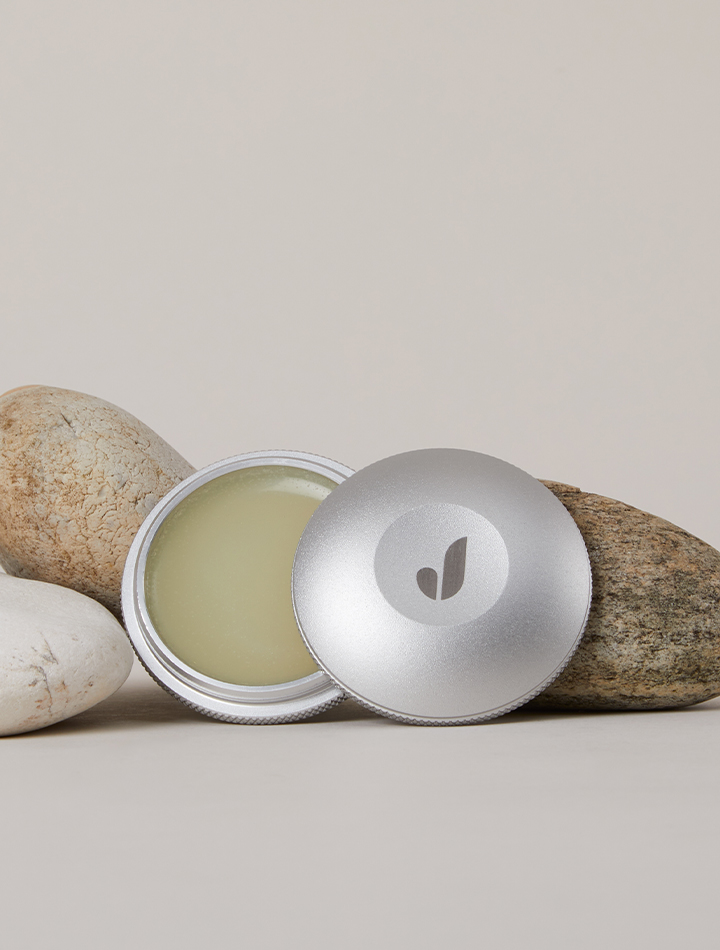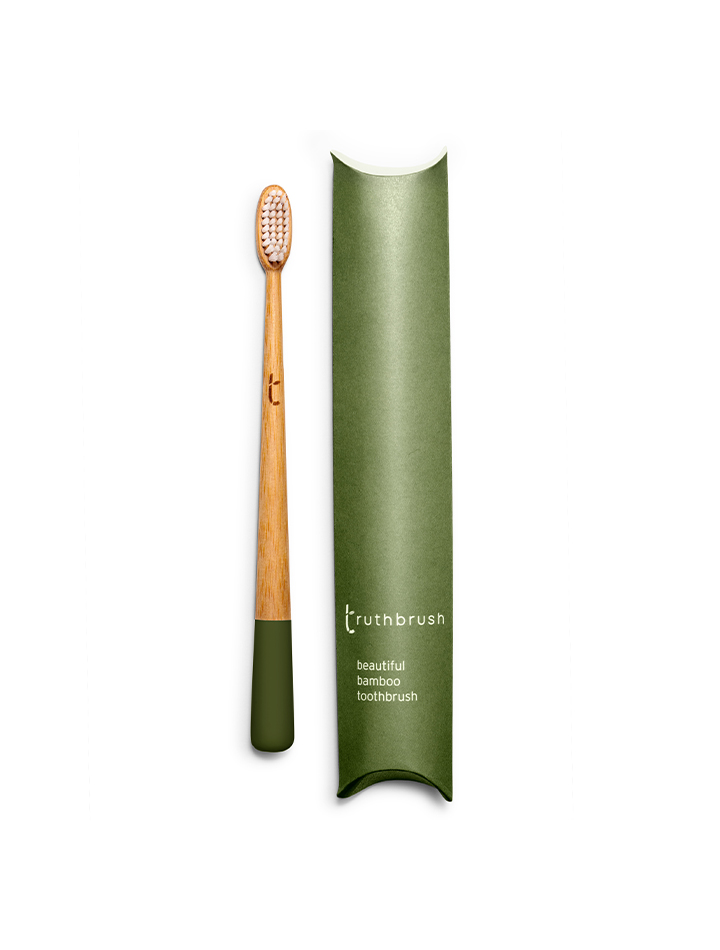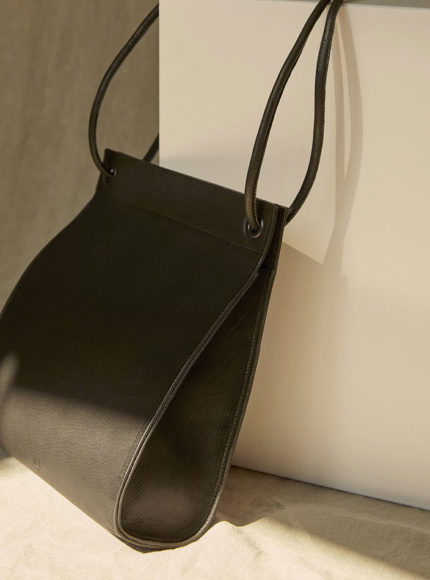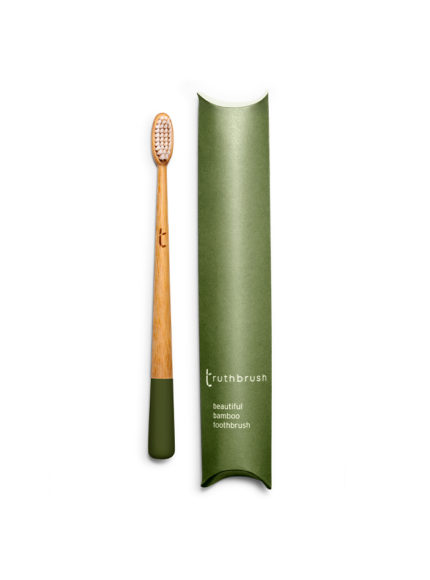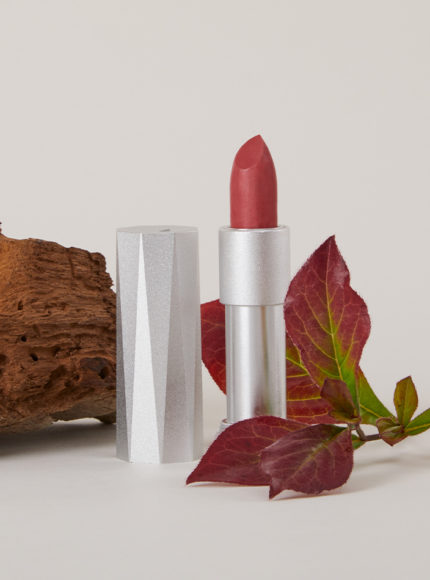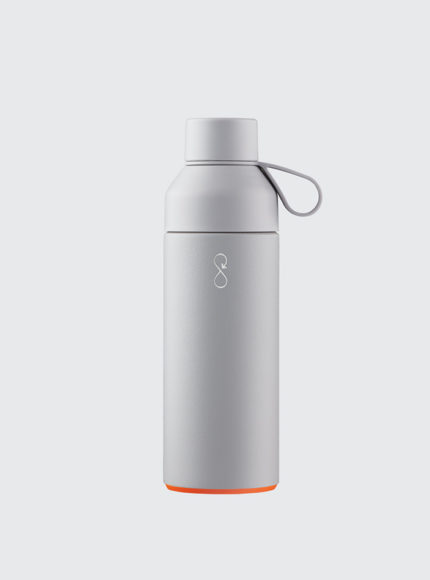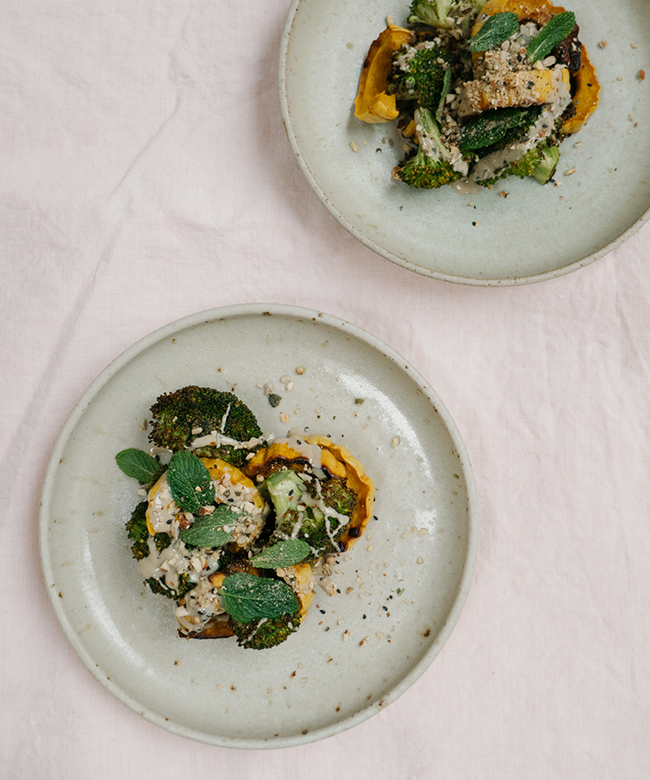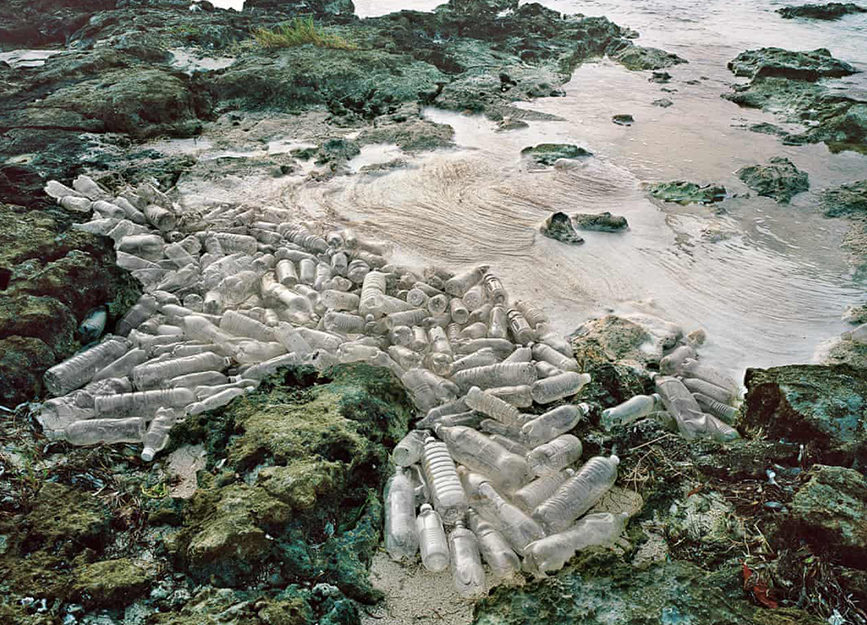

@alejandroduran
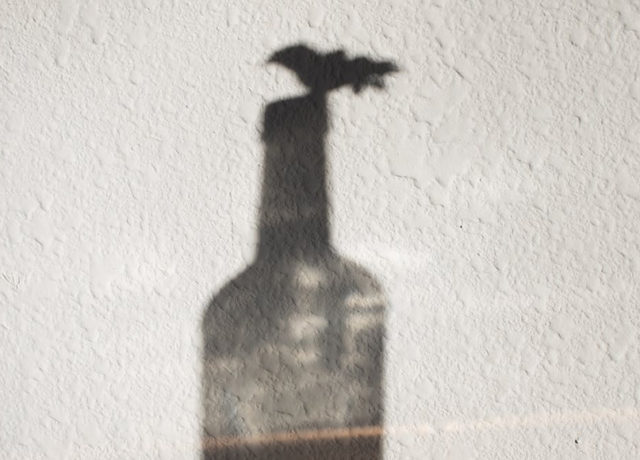

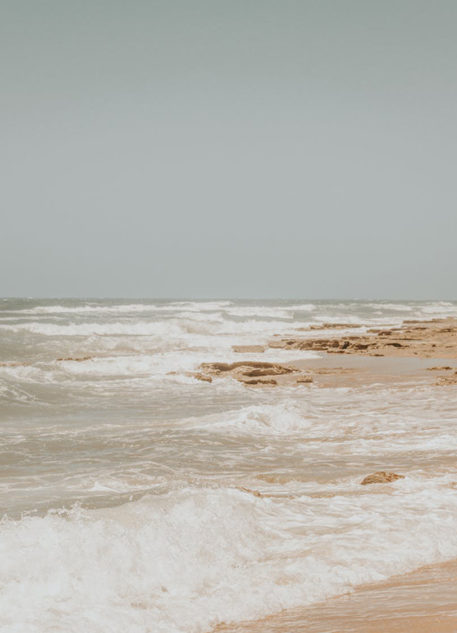

Environment
World Water Day: 12 Simple Ways to Cut Back on Plastic
For World Water Day we wanted to share a few ways to cut back on plastic in your daily life. At REV, we are always figuring out ways to cut back on our waste as a company and as individuals. For us, it is key to live in a way that has the least negative impact on our Earth. According to SAS, around eight million pieces of plastic pollution make their way into our precious oceans every single day. Plastics have been found in 100% of marine turtles, 59% of whales, 36% of seals, and 40% of seabirds examined. Every year 100,000 marine mammals and turtles and 1 million sea birds are killed by marine plastic every. Once we throw a piece of plastic into the trash bin, it does not simply disappear, it continues to have a life that is much longer than our own, our grandkids, and their grandkids.
1. It's Obvious but Invest in a Reusable Bottle
According to WWF, a conventional plastic water bottle takes around 450 years to break down completely. Plus, the amount of energy it takes to produce, and transport water bottles could fuel over 1.5 million cars a year. Invest in a reusable bottle, you’ll save money and you’ll save so much unnecessary energy and waste. The S’well reusable bottles are incredible because they can store hot or cold liquids, preserving cold water for up to 24 hours and hot drinks for up to 12 hours. We recommend investing in a few bottles, so you can change it up and make sure your household is covered. The Ocean Bottle is made from upcycled ocean-bound plastic, stainless steel, and for every bottle sold they fund the collection of 11.4kg of plastic (equivalent to 1000 plastic bottles) whilst investing in people-powered waste management.
2. Go Zero Waste Shopping
Shopping at bulk stores is a great way to cut down on single-use plastic. Instead of buying all of your goods in pre-packaged bags, bring your own bags and containers to places like Earth Natural Foods in Kentish Town or Bulk Market in Hackney to avoid plastic. Plus, it is such an important time to shop small and support our local businesses. Almost every area in London has a farmer’s market once a week, where you can buy local organic produce direct from farmers and usually plastic-free. During this odd time, we also recommend shopping online from Farmdrop, who always delivers as sustainably as possible and without plastic.
3. Avoid Plastic in Your Wardrobe
Hopefully, by now we are all familiar with the horrific waste and exploitation the fast fashion industry creates. However, what lots aren’t aware of is that according to the UN, about 60% of materials made into clothing is made from plastics. Polyester, acrylic, and nylon textiles are all cheap synthetics that contain tiny plastic fibers, also known as microplastics. Every time these items are put through the laundry, they release microplastics which cause around half a million tons of microfibers to end up in the ocean each year. According to the UN, that is equivalent to around three billion polyester clothing items. Microplastics are killing our marine life every day when they are mistaken for food my animals. And of course, when we eat fish, we are in turn also eating microplastics. We urge you to stop buying these materials and switch to buying organic cotton, organic linen, and recycled fabrics.
4. Grow Your Own Herbs
We love adding fresh herbs to lots of recipes but if you’re buying these pre chopped from the supermarket, they usually come in a plastic wrapper. We have found that growing our own herbs from seed in our kitchens results in almost no plastic waste, but is also much more cost friendly. If growing your own seems a little daunting or isn’t working out for you, we recommend buying a potted herb plant instead. Basil and mint are pretty easy to take care of and make amazing additions to recipes!
5. Don't Wrap Your Food in Plastic
In every kitchen, it is common to find clingfilm to preserve leftovers and cover food. However, clingfilm is often made also made from PVC, which as we already mentioned contains highly dangerous chemicals that we don’t want anywhere near our food or our oceans. An amazing alternative is beeswax food wraps, which work just as well as clingfilm, and you can reuse them forever. You can easily find them online but to save on even more plastic, we love to make our own. Find the guide we use here.
6. Carry a Larger Reusable Bag
Plastic bags, which are used on a daily basis can take up to 1,000 years to fully break down in landfills. Our sea life, such as turtles often mistake these plastic bags for their favorite meal, jellyfish. The brilliant people behind Turtle Bags were horrified by the number of turtles suffering due to our plastic-filled oceans, so they created organic cotton string bags to replace single-use plastic bags. They are incredibly strong and stretchy and can hold up to 40kg! They also fold up really small in your bag. Every time you head out, make sure you throw one in your bag to make sure you never have to use a plastic bag again.
7. Switch to Plastic Free Skincare
It has been reported that the beauty industry creates 120 billion units of packaging every year. The majority of toiletries from shower gel to shampoo arrive to use in plastic bottles – 70% of which will end up in landfill and make its way into our oceans. Even if plastic packaging goes into recycling bins, not all of it can be recycled for reasons as simple such as the colour of the plastic. By simply switching to using plastic free skincare options we can significantly reduce the amount of plastic that will leave our bathrooms.
SBTRCT are a sustainable solid skincare line that are 100% plastic-free with domestically compostable packaging, palm oil-free and with nominal water content. SBTRCT addresses the three biggest environmental challenges facing the beauty industry: plastic pollution, water waste and over-reliance on palm oil. Using innovative first-to-market formulations with proven skincare ingredients such as Squalane, Glycerin, Vitamin C and Retinoids, the SBTRCT range is also certified cruelty-free and is suitable for vegans.
8. Skip Plastic Beauty
Think about your beauty routine, your haircare, body care, skincare, and makeup routine – how much of it is in plastic? Most likely a majority of the products in your regime are in plastic. Go zero-waste with your beauty routine to drastically cut down on your plastic use. We are proud to stock June, beautiful zero waste makeup range that has zero plastic in it whatsoever and is fully recyclable. Ditch makeup wipes and plastic cleansers and use reusable face muslins.
9. Make your Periods Plastic-Free
Periods aren’t fun for us or the planet. Conventional period products contain lots of unnecessary plastic. According to National Geographic in 2018, 5.8 billion tampons were purchased in the USA alone. Between the applicator, the individually wrapped tampon or pad, and the box that holds it all – that is too much plastic. In lots of tampons, there are even plastic within the absorbent part to help hold the cotton together. Thanks to companies like Grace and Green, we can have zero waste periods that are totally plastic-free, chemical-free, and 100% organic. Better for us and better for the planet.
10. Work Out Without PVC
Did you know most conventional yoga mats are made from the highly toxic plastic, PVC? This specific plastic releases more dangerous chemicals than any other plastics so there is no safe way to produce or dispose of PVC. Yoga is a sacred practice that deserves to be practiced on something better than plastic. Switch to a yoga mat that is made to last and biodegrades easily. The Complete Unity Yoga mats are designed with natural jute fiber that is encased in 100% natural rubber, which are both biodegradable. These mats have incredible grip ensuring a beautiful practice and smooth flow.
11. Make Your Own Lunches
Preparing your meals avoids so much unnecessary waste. Instead of ordering in or buying premade meals out, try and take a little more time either the night before or in the morning to make a quick healthy lunch that you can store in a reusable container. Get some inspiration from one of our favourite chefs Anna Jones. You’ll save money, know exactly where your ingredients came from, and you’ll be saving on single-use plastic.
12. Switch to a Bamboo Toothbrush
It takes around 500 years for a plastic toothbrush to fully break down and the average person goes through about four a year – that is far too much plastic dedicated just to cleaning our teeth. Switch to a zero-waste toothbrush like the Truthbrush, which is made from all plant-based materials. The handle is crafted from sustainable, organic bamboo which is naturally anti-bacterial and of course biodegradable.
Statistics from Surfers Against Sewage.



















